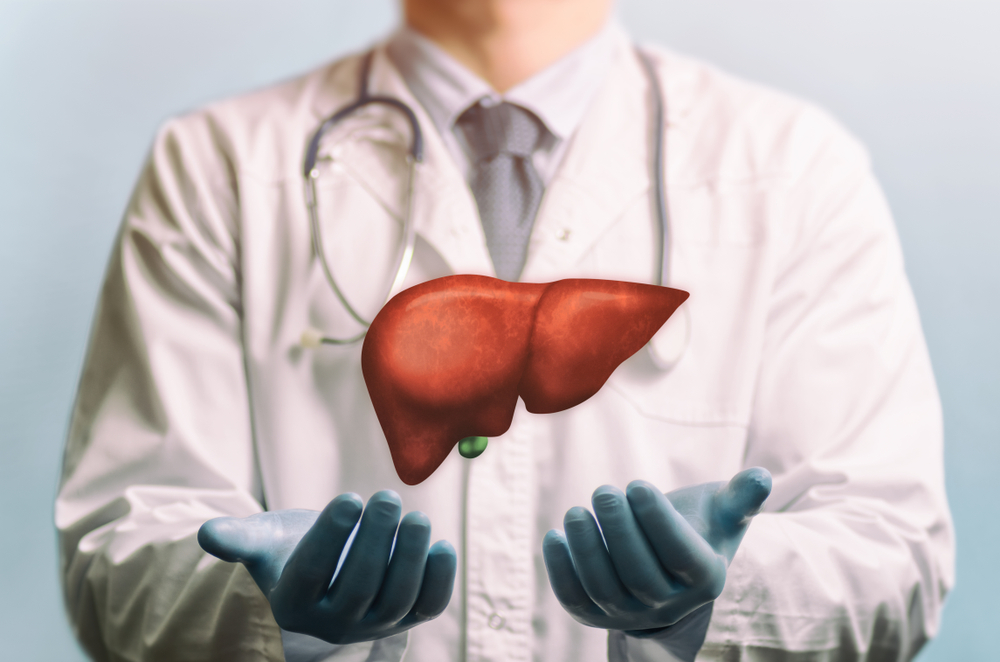American adults are at risk of contracting this virus and millions carry it without even knowing it. The virus can cause damage “silently” for many years before becoming chronic. Hepatitis means liver inflammation. In latin hepar means liver, and -itis means inflammation of. When it comes to Hepatitis C, the disease is caused by a virus of the same name, hepatitis C virus (HCV), which leads to liver injury and even death.
The Center for Disease Control CDC now recommends all adults within the United States be tested for Hepatitis C at least once, even those at low risk. As many as 1 in 50 people have Hepatitis C in some states with conservative estimates suggesting 2.4 million Americans are actively carrying hepatitis C. The World Health Organization (WHO) suggests worldwide prevalence could be 25 times higher. This makes the need for testing clear. To prevent long term injury, a simple test as a preventative measure can be good medicine and allows for peace of mind.
Hepatitis C Leads to Liver Harm
The virus that causes Hepatitis C infects the liver. You can catch Hepatis C from blood contact with an infected person. Infected individuals may have no visible symptoms. That is why a diagnostic test is a great way to reduce risk. Even if you are symptom free now, left untreated Hepatitis C can lead to liver cancer, liver failure, cirrhosis, and even thousands of deaths per year. Over half of infected individuals don’t even know they are positive for Hepatitis C. In the past, mortality around Hepatitis C was of grave concern, and treatment options did little to prevent liver damage. Some of these drugs showed full remissions in clinical trials in as many as 92-100% of participants
A “Silent Illness” – Few Signs or Symptoms For Years
If you find that you have any of the common signs and symptoms of the disease, it is advisable to consult with your local medical authority. Once symptoms show up, you could have been infected for years. Yet another reasons why it is good to get tested. Signs and symptoms may include:
- Bleeding easily
- Bruising easily
- Fatigue
- Poor appetite
- Yellow discoloration of the skin and eyes (jaundice)
- Dark-colored urine
- Itchy skin
- Fluid buildup in your abdomen (ascites)
- Swelling in your legs
- Weight loss
- Confusion, drowsiness and slurred speech (hepatic encephalopathy)
- Spiderlike blood vessels on your skin (spider angiomas)
New Treatments Show Over 90% of Patients Experience Full Remission
New and effective treatments for Hepatis C have been approved by the FDA in recent years. 8-12 weeks of oral treatment can clean the infection in over 9 out of 10 people. A main goal of treatment will be to assess the degree of liver damage if any and begin oral therapy. Whether or not cirrhosis is present will be of key importance to your healthcare team in navigating your treatment plan. Now, thanks to a new class of drugs called DAAs patients with hepatitis C have been experiencing extremely successful outcomes, and most eliminate their infection entirely. These Direct-Acting Antiviral Agents have been touted as “miracle drugs” of modern medicine that can effetively cure this often chronic disease.
Conclusion
Availability of testing for this common virus is widespread in the United States. Effective treatment options are available. It is great to be aware of the latest research and consider the pros and cons of each treatment. Because the CDC now recommends testing for all US adults, it would be a good idea to reach out to your healthcare provider for more information or find a testing facility near you.

